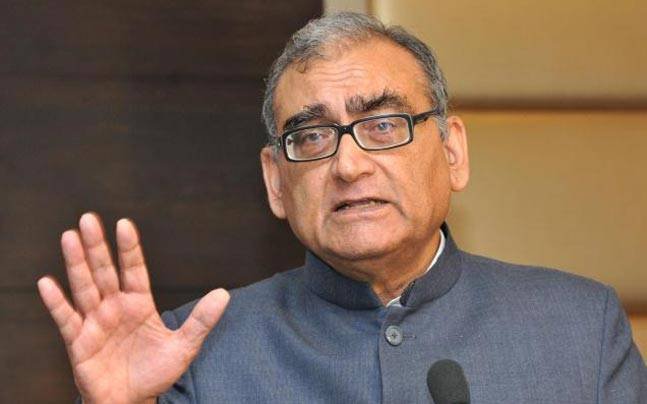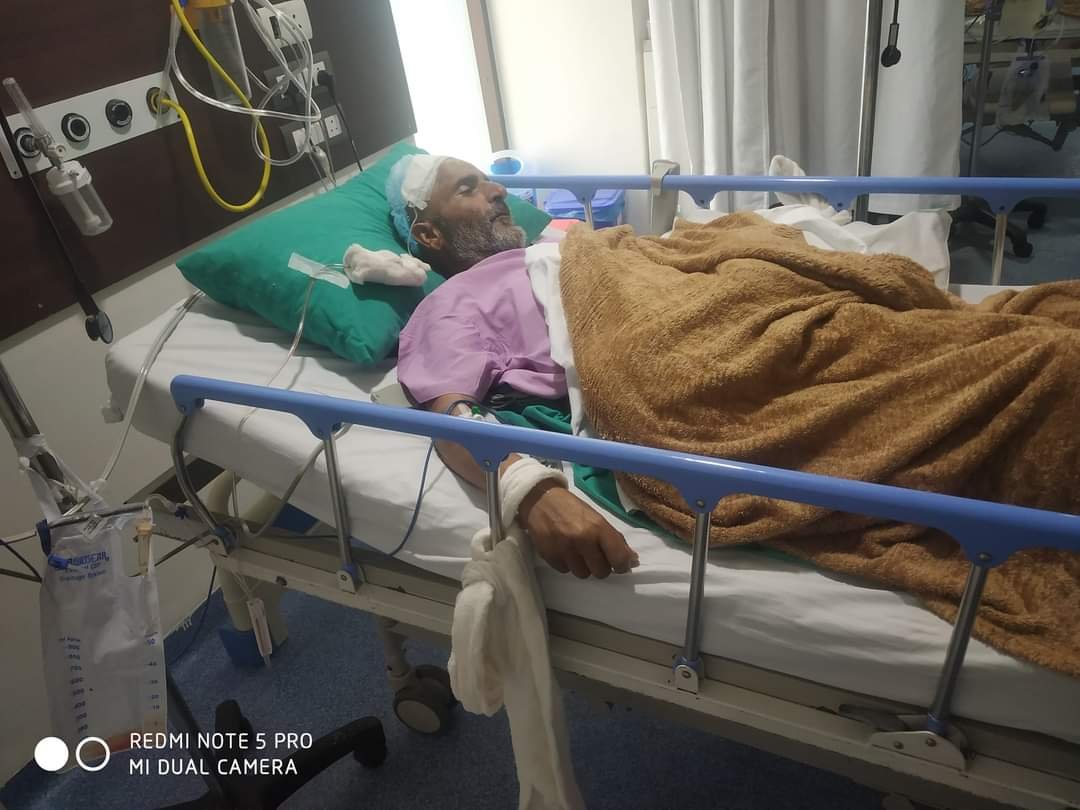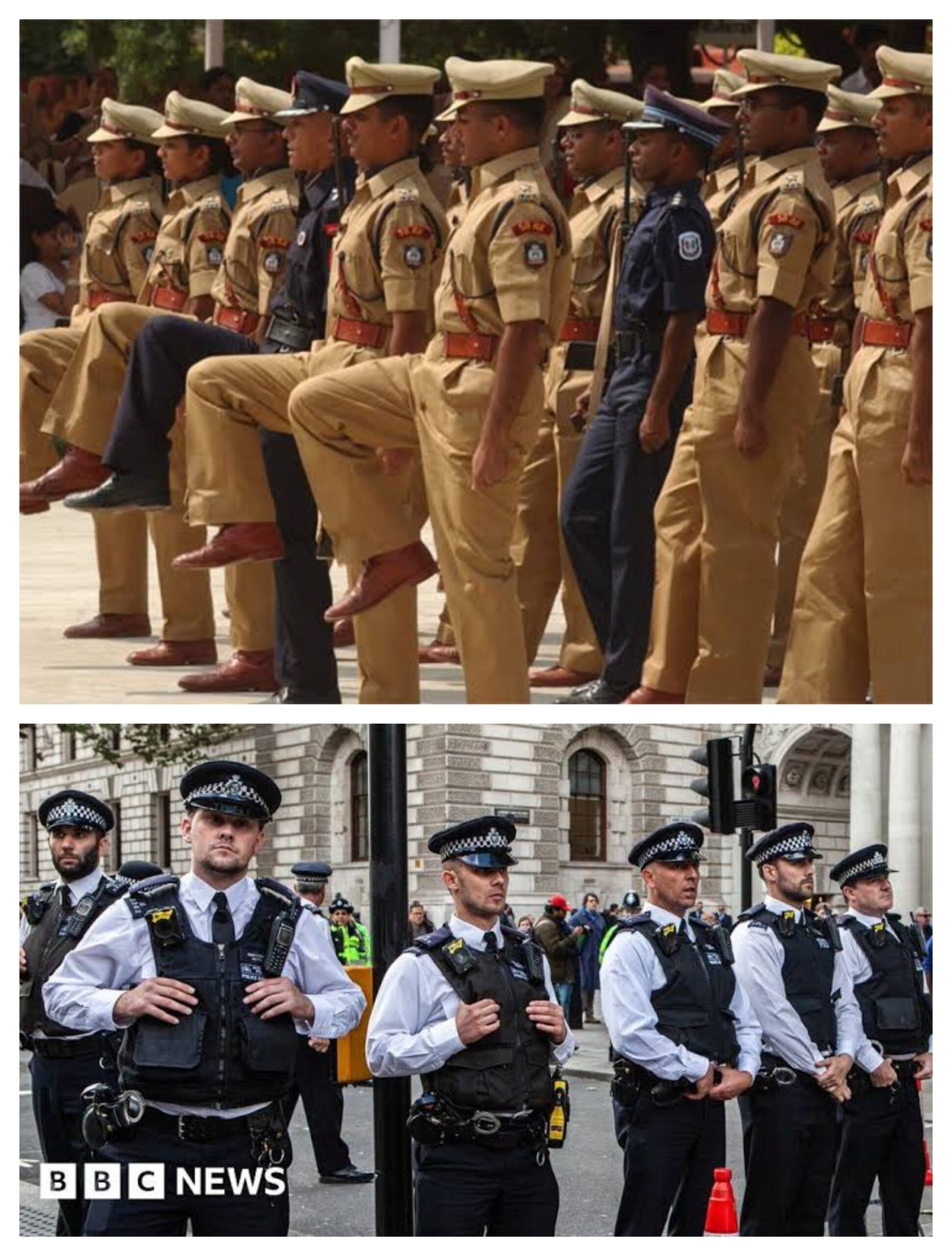High Court Judge Faces Backlash Over Science Reservations Verdict
I was appointed a Judge of the Allahabad High Court in November 1991, and was almost sacked a few months thereafter. This is an untold story which the readers may find interesting. A few months after I was appointed a Judge of the High Cout a case came before me, NareshContinue Reading








